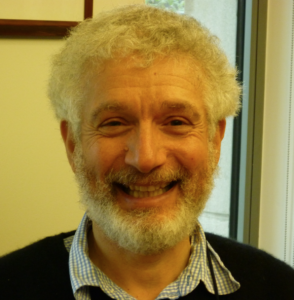
Nehemia Polen, Professor of Jewish Thought, Hebrew College
Thursday, April 11th, 7:00 p.m.
Sussman Theater, Olmsted Center, Drake University
The founder of Hasidism, Israel ben Eliezer (d. 1760), known as the Baal Shem Tov (“Master of the Good Name”) gained his fame as healer, shamanic adept, and charismatic master. To this day, Hasidic communities tell wondrous stories of their leaders, known as Rebbe or Tsaddik (saint, righteous person). Yet Hasidic sources display a curious ambivalence towards the miraculous, often disavowing the centrality and significance of the paranormal in Hasidic life and thought. This marginalization of the miraculous is often connected to a related theme: appreciation of the wondrous nature of everyday life.
Dr. Nehemia Polen is Professor of Jewish Thought at Boston’s Hebrew College. He is the author of numerous books, among which are The Holy Fire: The Teachings of Rabbi Kalonymus Shapira, the Rebbe of the Warsaw Ghetto (Jason Aronson, 1994, 1999) and The Rebbe’s Daughter (Jewish Publication Society, 2002), recipient of a National Jewish Book Award. He is an ordained rabbi who has served a congregation for twenty-three years, and is a contributing commentator to My People’s Prayer Book, a multi-volume Siddur incorporating diverse perspectives on the liturgy (Jewish Lights).
Press play to listen to lecture

